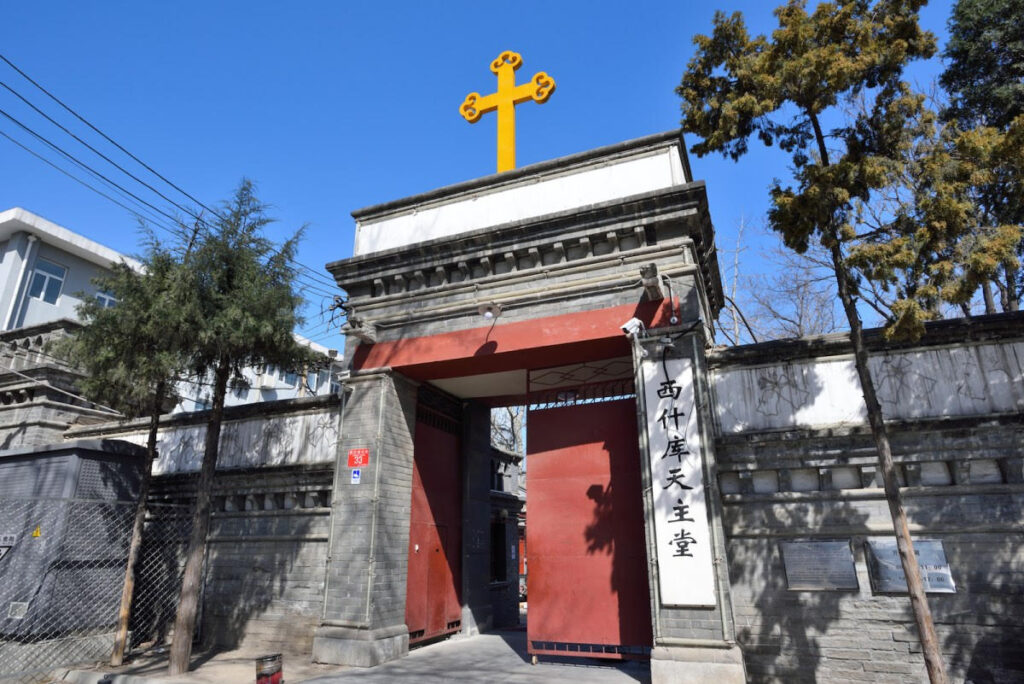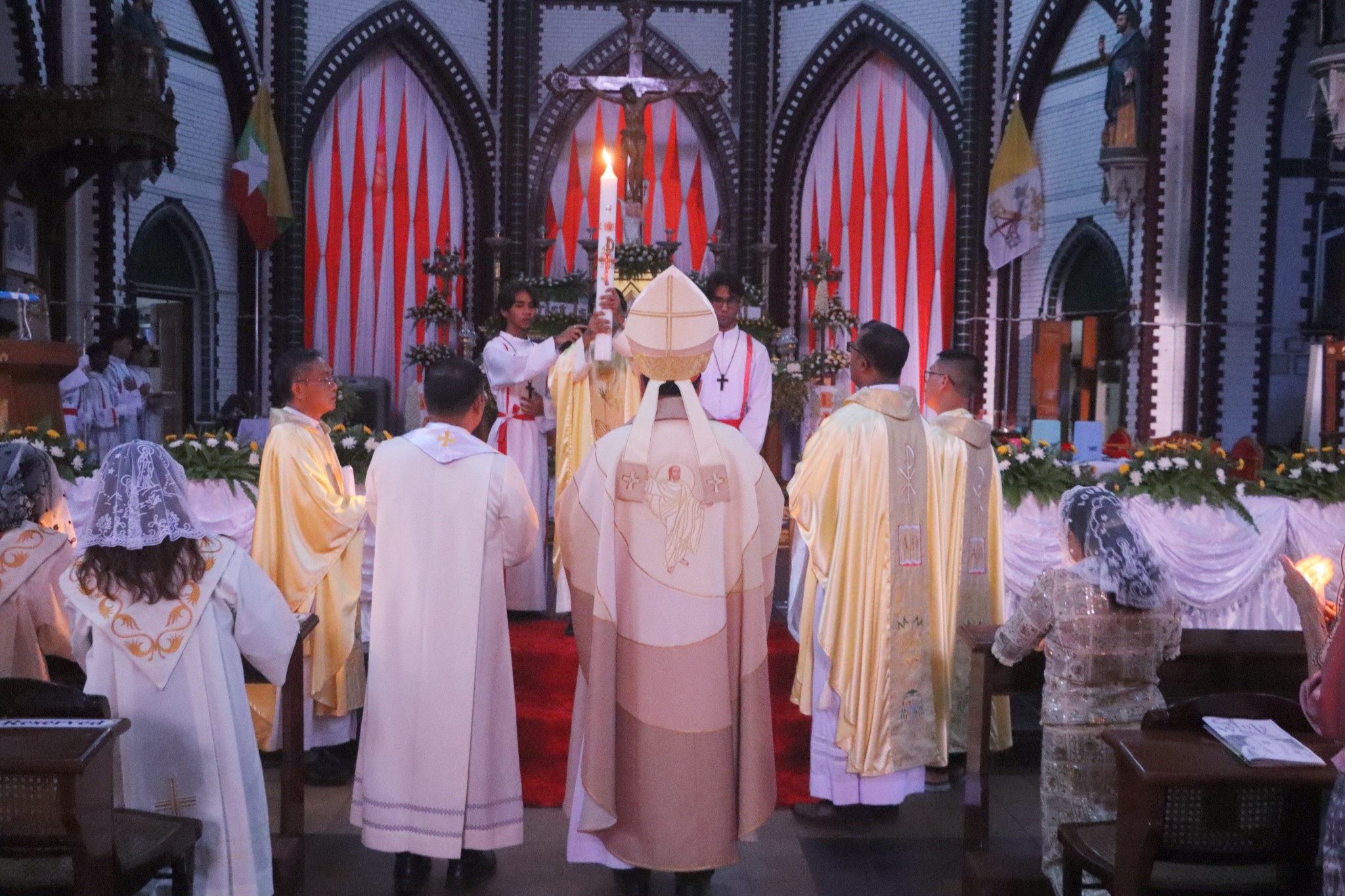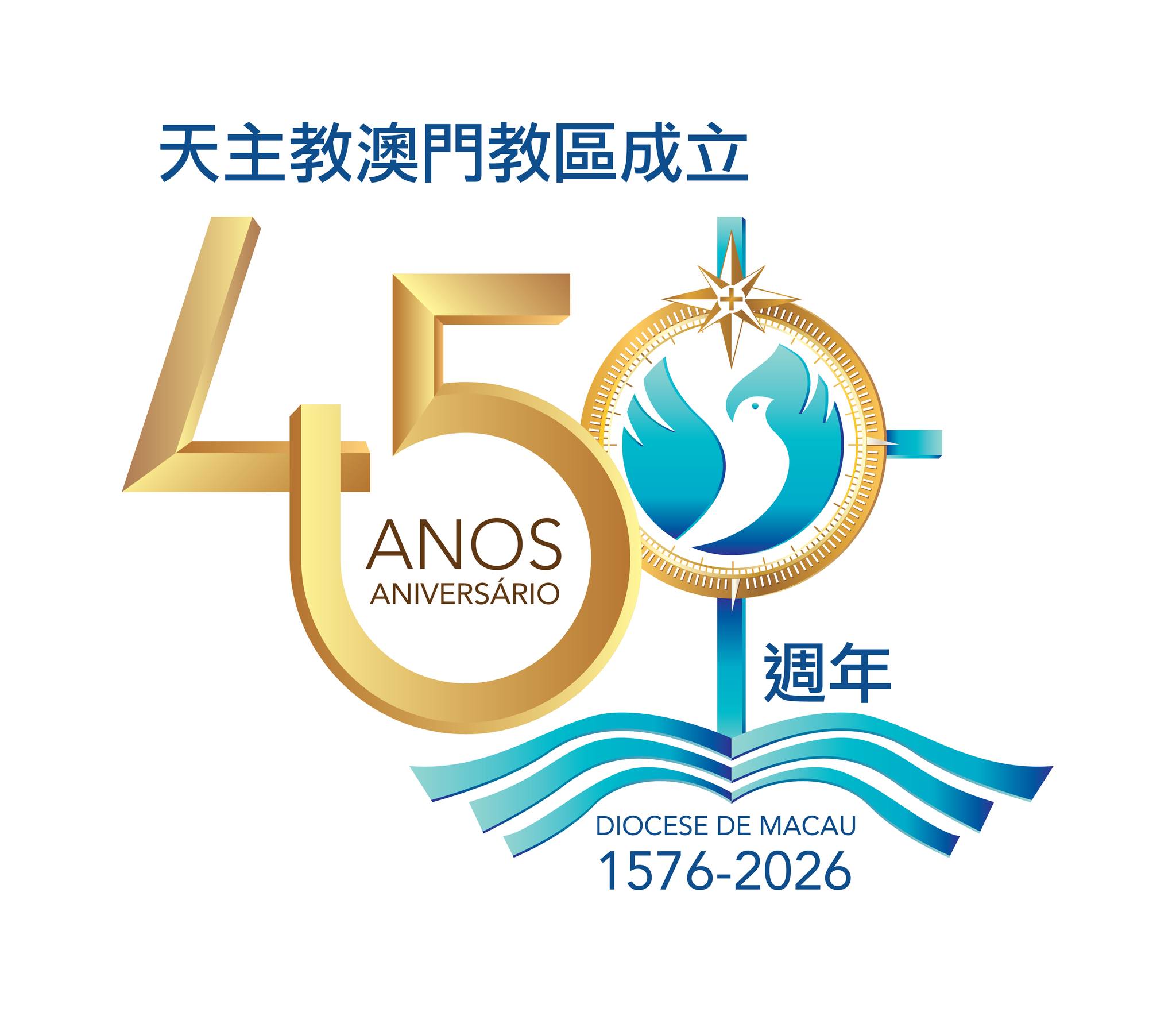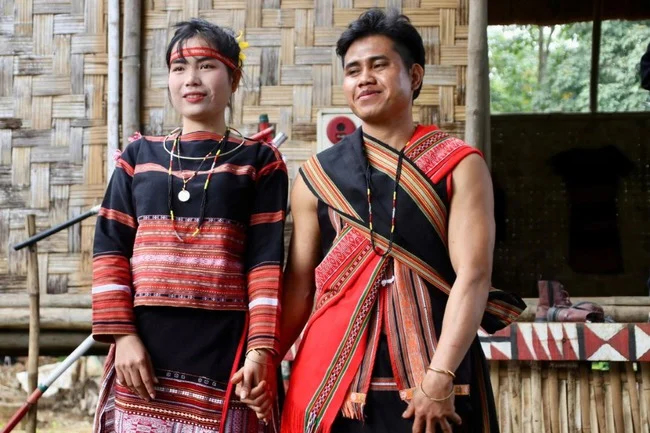Marco Carvalho
The Society of Jesus was instrumental in bringing about the first direct links between the Portuguese colonial authorities in Macau and the imperial court, in Beijing, in the early 17th century. The assumption sets the tone for the lecture that Tereza Sena, an historian and researcher, will deliver next Tuesday at the University of Saint Joseph.
The first direct link between the Portuguese colonial authorities of Macau and the Imperial court, in Beijing, had the missionaries of the Society of Jesus as both architects and intermediaries. This is the hypothesis that Tereza Sena will defend next week, at the University of Saint Joseph (USJ). The researcher will deliver a lecture entitled “Powerful Weapons at the Service of Commerce and God – Macau and Jesuit Support for the Ming Cause” on Tuesday night.
Adjunct Senior Research Fellow at the Xavier Research Center for Memory and Identity, an investigative think tank created over a year ago by the University of Saint Joseph, Ms Sena studied in depth the evolution of the Sino-Portuguese relations in the first half of the 17th century, during the so called period of the Ming-Qing transition. The researcher devoted a particular attention to the strategies the Jesuit missionaries conceived to consolidate their presence at the Imperial court and the way they used the military capacities of the Portuguese establishment in Macau to achieve their purposes: “I am going to address a very concrete period in the history of Macau and in the history of the Sino-Portuguese relations, a 30-year period between 1620 and 1650. What I propose to do is to see how the military argument, how the military capacity of the Portuguese, was used by the Society of Jesus and by Macau as a way to establish and to strengthen the relationship with the Imperial court,” Tereza Sena illustrates.
After Matteo Ricci’s death in 1610, the presence and acceptance of the Jesuit missionaries at the Ming court was called into question, but the Society found its way to the Emperor’s entourage a decade later, thanks to the insecurity that affected northern China and the intercession of Paul Xu Guanqi, a former companion of Ricci: “There is a whole strategy that is being developed at this time, around 1621. Xu Guanqi is at the Imperial Court of the Ming Dynasty and he will propose Europeans to be allowed to help defend Beijing and the neighbouring regions, which were being more frequently targeted by Manchurian attacks,” the associate researcher at the Xavier Research Center for Memory and Identity told O Clarim. “There is this strategy and it is really because of this strategy that the Jesuits manage to return to the Imperial court in Beijing, no longer with Ricci, of course, but with Manuel Dias and Lombardo. They return to the Court with the argument that they can help to obtain military support from Macau, not least because the borders were already being threatened,” Tereza Sena adds.
The Portuguese colonial authorities of Macau answered the plea by sending weapons and artillerymen, some of which were directly involved in the defence of Beijing. The gesture inaugurated a new and unprecedented phase in the relationship between Macau and the seat of the Imperial power: “From then on, there were a series of requests for weapons and artillerymen, some of them were invited to go to Beijing. A few were blocked in Canton, of course. But why is this important? It is important because it allows once again the presence of the Jesuits at the Imperial Court, but also because a direct relationship is established between Macau and Beijing. This was something that had never existed before,” the researcher explains. “Direct access from Macau to Beijing has come into being. This is very important in the context of Sino-Portuguese connections,” Teresa Sena claims.


 Follow
Follow


